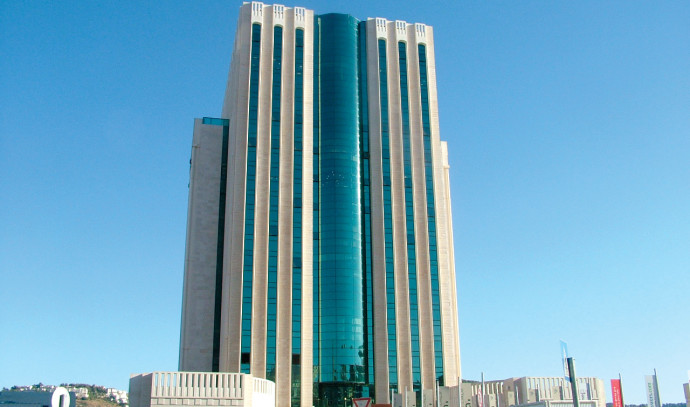Chief Innovation Scientist and chair of the Israel Innovation Authority Ami Appelbaum has stated that with the funding they received in the latest state budget, the IIA will have difficulty supporting start-up companies.
Appelbaum finishes his position at the end of the year, but warns about the ability of the IIA to support local hi-tech. He believes it’s worthwhile to examine in-depth the high-tech sector’s contribution to Israel’s economy and its status in the world.
A few months before he concludes his time at his post and just after the approval of the state budget in the Knesset, Appelbaum criticized the Authority’s budget for the next two years.
Speaking with Maariv Online, he said that the Authority’s 2023 budget is NIS 1.5 billion and in 2024 it will be 1.4 billion. In 2022, it was NIS 1.5 billion. The budget is too small and won’t allow the Authority to fulfill its goals.
Israel Innovation Authority’s budget to decrease in 2024
Asked if it’s really true that the budget will remain unchanged in 2023 and will then decrease in 2024, Appelbaum answered that unfortunately, this is the case.
He added that he knows that every manager of a budgeted entity like the Innovation Authority always says that what was allocated isn’t enough, but in IIA’s case the budget has been showing a real decrease over the last 20 years.
In 2002, when the IIA was called the Office of the Chief Scientist the budget amounted to approximately NIS 1.5 billion.
Accounting for inflation, this amount is NIS 5.2 billion in today’s money. Since then, a lot of time has passed and there have been many changes in Israel and in the world, but Appelbaum believes that in order for the Innovation Authority to be able to meet its goals, an annual budget of approximately NIS 2.5 billion per year is required.
With this amount the IIA can support start-up companies i.e. tech incubators, promote integration between academia and science-intensive industries and turn applied research into products.
They would also be able to promote the integration of advanced technology in traditional industries to reduce production costs and produce products and services that will be competitive in world markets and increase the potential of the human factor by integrating Arabs and Druze, people in the periphery and the ultra-Orthodox into this sector.
The authority’s budget registers a real decrease every year. Considering the fact that hi-tech is the backbone of the economy and exports and that the IIA budget 0- like that of other government ministries – is affected by political fluctuations what does Appelbaum suggest in order for the IIA budget to be realistic and stable?
Appelbaum proposes that Israel needs to examine the hi-tech sector’s contribution to Israel’s economy and its place in the world in-depth. It should be determined that the budget is linked to a certain percentage of the GDP or the state budget or a combination of the two.
What does Appelbaum consider to be his successful initiatives in his position as IIA chair?
Appelbaum stated that the high-tech sector is very dynamic. There are rapid changes in tech developments and he feels that it’s extremely important to promote infrastructure that can enable future developments and production.
For him, success means that in five or ten years the infrastructure the IIA established will make it possible to establish companies that develop technologies that are now considered futuristic, but that in five or ten years will be mainstream.
These include technologies such as quantum computers, artificial intelligence, nanotechnology, bio convergence which combines biotechnology with computing and engineering, climate tech and more.


